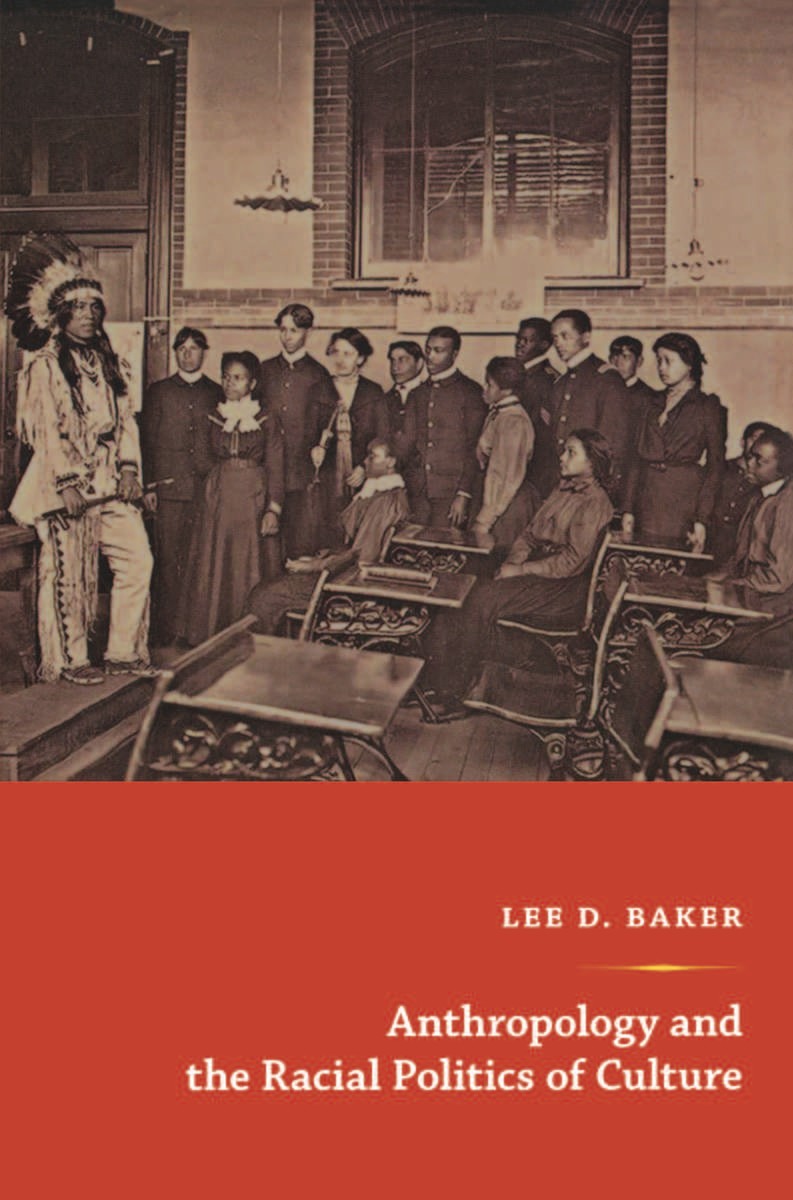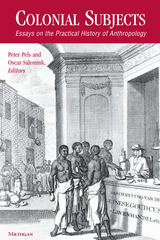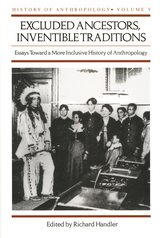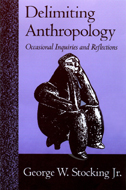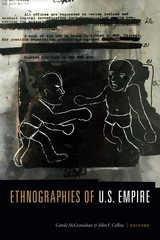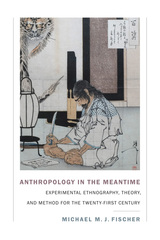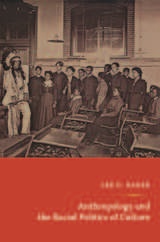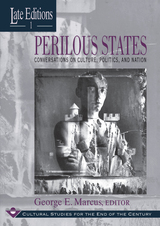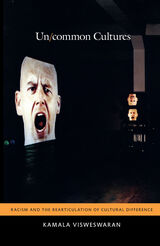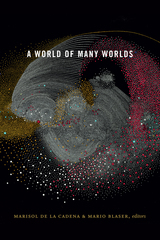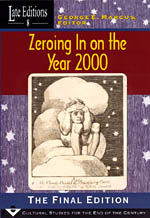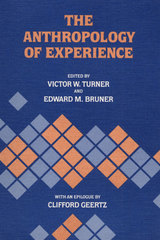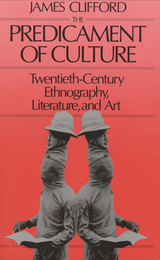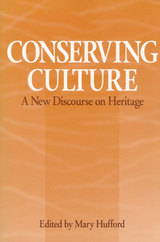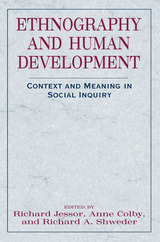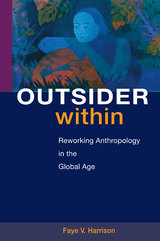“Baker convincingly shows anthropology's role in a struggle to move the nation from a biological understanding of race. . . [A]n entirely brilliant book.” - Anthony J. Lemelle Jr., Journal of African American Studies
“[A] many-layered analysis. . . . As Baker documents, since the 1950s white-supremacist and anti-Semitic organizations have argued for the existence of a Boas conspiracy that promotes racial amalgamation, degeneration, and equality. The tangled roots of race and culture, Baker argues, continue to trip us up.”
- Julia E. Liss, Journal of American History
“Written with an ironic sense of humor, Baker succeeds in ferreting out little
known material and enhances and broadens our understanding of the history of anthropology as well as the discipline’s relationship to past and present political currents.” - Vernon J. Williams Jr., American Studies
“Lee Baker is almost peerless as a social, political, and intellectual historian of anthropology, its entanglements with emerging ideas like race and culture, and its collisions with public policy and the law. . . . The book is a great read, filled with engaging untold stories gleaned from archives and primary documents.” - Brett Williams, American Anthropologist
“In these fascinating essays, Lee D. Baker interrogates several key dichotomies (culture/race, Native Americans/African Americans, anthropology/sociology) to cast new light on the history of American anthropology. He asks anthropologists to think again about the peculiar combination of progressive and conservative arguments that anthropological theories of culture and race seem always to reproduce.”—Richard Handler, University of Virginia
“In this smart and provocative book, Lee D. Baker takes on a terribly important topic: the transformations in the discipline of anthropology as it relates to race and culture. Among other things, Baker raises very good questions about how anthropology ‘treats’ Native Americans versus African Americans. The answers aren’t going to make anyone feel good, but they are going to make people think. I learned a lot from this thoughtful work.”—Jonathan Holloway, co-editor of Black Scholars on the Line: Race, Social Science, and American Thought in the Twentieth Century
“Lee D. Baker’s new book astutely and convincingly argues for new ways of reading the ways anthropology has treated the racial politics of culture and the cultural politics of race. These precise, masterfully researched and elegantly written vignettes map new vistas for understanding the critical crucible in which Native American and African American experiences illuminate each other through academic research and institutions. Baker’s insights are fresh, basic, and important.”—Robert Warrior, President, Native American and Indigenous Studies Association
“[A] many-layered analysis. . . . As Baker documents, since the 1950s white-supremacist and anti-Semitic organizations have argued for the existence of a Boas conspiracy that promotes racial amalgamation, degeneration, and equality. The tangled roots of race and culture, Baker argues, continue to trip us up.”
-- Julia E. Liss Journal of American History
“Baker convincingly shows anthropology's role in a struggle to move the nation from a biological understanding of race. . . [A]n entirely brilliant book.”
-- Anthony J. Lemelle Jr. Journal of African American Studies
“Lee Baker is almost peerless as a social, political, and intellectual historian of anthropology, its entanglements with emerging ideas like race and culture, and its collisions with public policy and the law. . . . The book is a great read, filled with engaging untold stories gleaned from archives and primary documents.”
-- Brett Williams American Anthropologist
“Written with an ironic sense of humor, Baker succeeds in ferreting out little known material and enhances and broadens our understanding of the history of anthropology as well as the discipline’s relationship to past and present political currents.”
-- Vernon J. Williams Jr. American Studies
